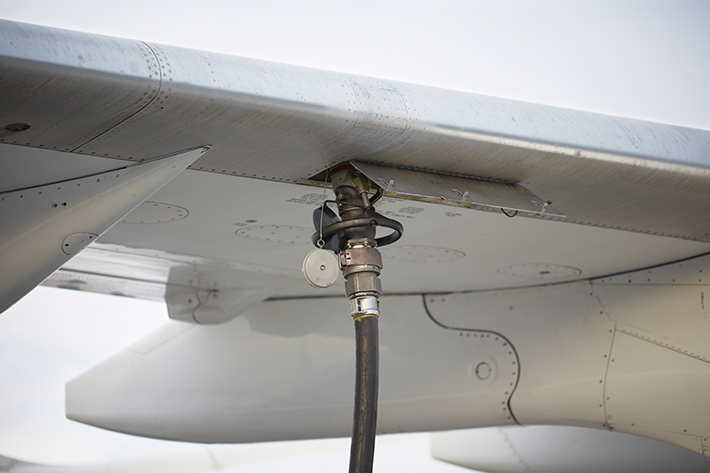
Higher Quality Aviation Fuel
A new ASTM International standard aims to provide jet fuel refiners with a new way to evaluate fuel, ultimately supporting higher product quality and performance for plane engines.
According to ASTM International member Jody Clark, the new standard measures the total aromatic and polynuclear aromatic content in aviation and kerosene range fuels by supercritical fluid chromatography using a flame ionization detector (FID).
The standard, soon to be published as D8305, was developed by members of ASTM International’s petroleum products, liquid fuels, and lubricants committee (D02).
“The advantage of using the FID is that it can measure organic substance concentrations at very low and very high levels, resulting in a large linear response range,” says Clark. “In petroleum fuels, this becomes very important in deciphering the chemical composition of the fuels.”
The new standard is part of the committee’s efforts to address issues related to the shortage of a gel dye used to conduct a key test method for liquid fuels described in the D1319 standard. For more information on this issue, check out this FAQ document.
Clark notes that an interlaboratory study for the new standard established precision and bias statements while also correlating the new standard to D1319 and D1840, an additional test method for evaluating hydrocarbons in aviation fuels.
According to Clark, the new standard could help manufacturers blend fuels more efficiently, as well as support laboratories that will benefit from the automation of the new method. In addition, regulatory bodies could use the new standard.
For more information on ASTM International petroleum standards, please watch this video.
To purchase standards, contact ASTM International customer relations (tel +1.877.909.ASTM; sales@astm.org).
 SN Home
SN Home Archive
Archive Advertisers
Advertisers Masthead
Masthead RateCard
RateCard Subscribe
Subscribe Email Editor
Email Editor